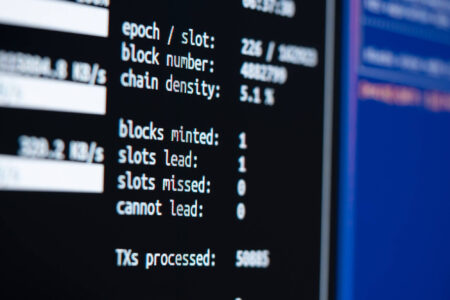The Howey test is a legal framework. It is used to determine whether a transaction should be classified as an investment contract. It was introduced in a U.S. Supreme Court case in 1946, but has since been applied to a variety of industries, including cryptocurrency.
According to the Howey test, an investment contract exists when money is invested in a joint venture. In this context, profits are expected to be generated exclusively through the efforts of others. In other words: If an investor puts money into a project (expecting to make a profit) and that profit depends on the actions of others, this can be considered an investment contract.
Applying the Howey test to cryptocurrencies
The Howey test has been applied to cryptocurrencies in cases where tokens or coins are sold as investments. If the sale of a token meets the criteria of an investment contract under the Howey test, it may be considered a security and subject to U.S. securities laws. The Howey test applies in particular to the tokenization of traditional securities.
This has important implications for cryptocurrency projects, as securities laws can be complex and cumbersome. Projects that are considered securities may be subject to registration requirements and disclosure requirements. At times, these can be costly and time-consuming.








